Papua New Guinea
Agenda for Change members working on systems approaches
Please note this is a summary of information. You can learn more on the WaterAid Papua New Guinea website.
WaterAid started work in Papua New Guinea in 2012, and continues by partnering with the government, other organizations, and local communities to tackle WASH challenges. WaterAid focuses on showing linkages between WASH and health, education, and livelihoods, through building partnerships and sharing skills and learning.
Systems strengthening activities
WaterAid Papua New Guinea’s aim for 2017-2020 was to influence the WaSH policy and programming approach in the country, in order to strengthen the foundation on which the government will deliver on the National WASH Policy targets. WaterAid’s role involved supporting the building of an enabling environment towards achieving universal access to WASH through five main focus points: national WASH policy, the district-wide approach, hygiene behaviour change, building a team, and systems strengthening. WaterAid’s has a presence in the East Sepik, West Sepik, Central, Chimbu, National Capital District, Western Highlands, Southern Highlands, and Eastern Highlands provinces.
Other partners
Entities of the Central Government
Central government’s WASH Program Management Unit (PMU)
Accomplishments
- Since 2014, WaterAid has assisted over 50,000 people with access to WaSH services and contributed significantly to the development of the country’s first National WaSH Policy.
- Increased local partnerships, both with NGOs and government, and an increase in geographic coverage, to include the National Capital District, and Central and Chimbu Provinces.
Challenges
- Existing funding for the sector has been insufficient to make significant progress against government targets. Government investment to date, through the Development Budget, has been modest.
- Significant strengthening of the human resource capacity of the WaSH sector needs to be done if the ambitious targets of the National WaSH Policy are going to be met.
- Bodies of the national government that could be more active in the sector, such as the Department of Health, have lacked incentives to engage.
How strong are the systems?
To determine how well systems are working, we rely on data derived from Building Blocks, which are manageable ‘sub-systems’ that can be supported and strengthened. Certain building blocks may be more strongly developed or applied at district or national level. Interactions between building blocks are essential.
National level
Building Block
Water
Sanitation
Hygiene
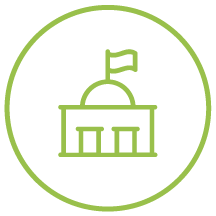
Institutional Arrangements & Coordination
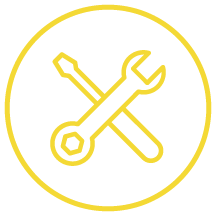
Service Delivery Infrastructure
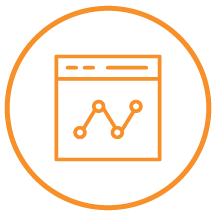
Monitoring

Planning
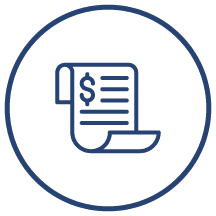
Finance
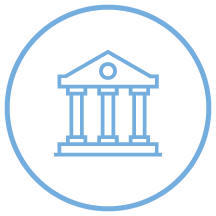
Regulation & Accountability
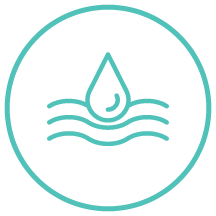
Water Resource Management
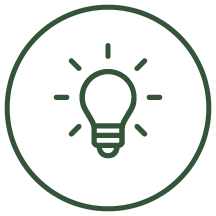
Learning & Adaptation
Resources
Systems Library
Please note this is a summary of available resources. You can learn more on the WaterAid Papua New Guinea website.
National
Local
National




